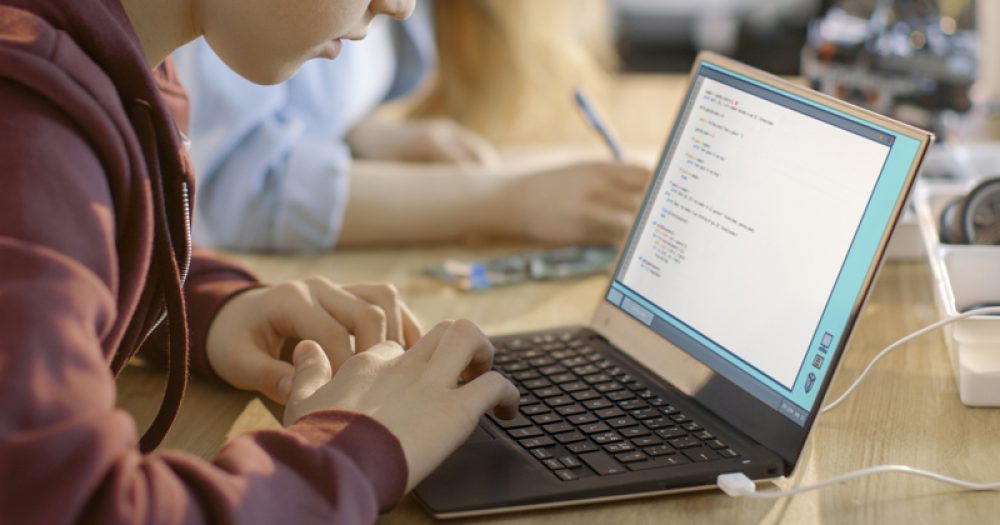The government is advising schools to identify any 4G wireless routers not being used and to “reallocate them to children and young people with the greatest need”.
The updated guidance published today by the Department for Education follows the number of laptops schools had been allocated by the government being slashed by 80 per cent last month.
Since October 22, schools have been placed under a legal duty to provide immediate remote education for any pupils missing school due to Covid.
The guidance states the devices given to schools during the summer term are owned by trusts or councils, which can choose to transfer the ownership to individual schools or families “where deemed appropriate”.
But local authorities, trusts and schools have now been told they can sign into a ‘support portal’ to “identify any 4G wireless routers that are not being used”.
It adds: “They can then collect and reallocate them to children and young people with the greatest need.”
The portal also allows schools to see how much data is being used by each router they are responsible for.
The free laptop and router scheme was first announced in April, with Computacentre Ltd handed almost £100 million work of contacts to oversee delivery – the contract was handed to the firm without an open tender process.
The government failed to meet its own deadline to deliver 230,000 laptops by the end of June, falling around 30,000 short.
In August, the DfE announced it would be providing an additional 150,000 free laptops to pupils who cannot attend school during coronavirus.
Another 100,000 laptops were announced in October, but the government said it had to slash schools’ allocations to ration demand amid a global shortage.
Problems accessing the devices continue to persist for headteachers, who this week told Schools Week they were struggling to access laptops unless they provide data on Covid absences using the daily attendance form.
Chris Dyson, head of Parklands primary school, Leeds, applied for additional laptops last week after being forced to “pop a bubble” of 20 children.
But he said he was told he wouldn’t receive his allocation “because the DfE has not been informed your school has closed a bubble”.
The DfE told Schools Week it contacts schools that state in their form submission that they have sent pupils home. Those schools that choose not to fill in the form will still receive support from when they get in touch, the department said.
There are still big concerns over children being left without access to the internet.
Vodafone this week announced it was giving away 250,000 30GB SIMs to school children “so they can stay connected to the education”.
Matt Hood, principal of Oak National Academy, said it was a “welcome move” but warned it “risks the cost of mobile data dictating which children can learn whilst self-isolating and which are cut off from education”.
He added: “We’re calling on all mobile networks to make educational websites data-free.”








Your thoughts